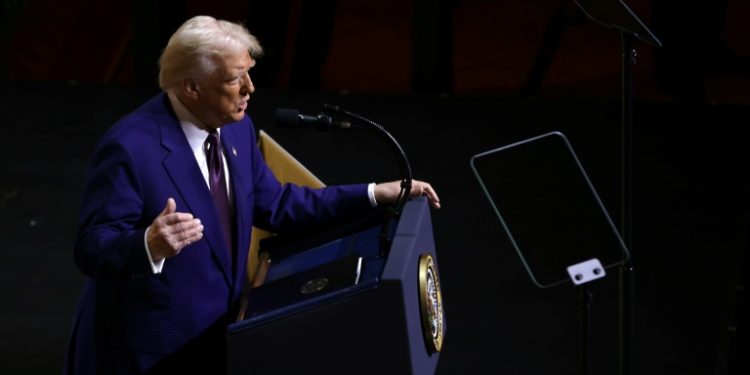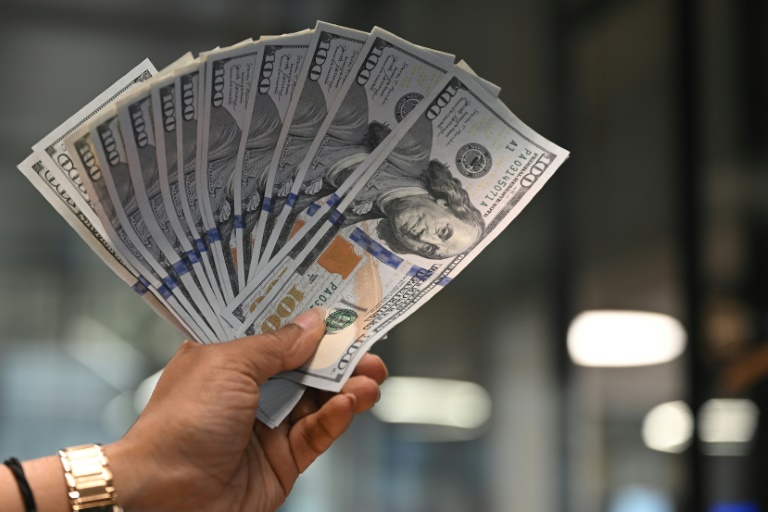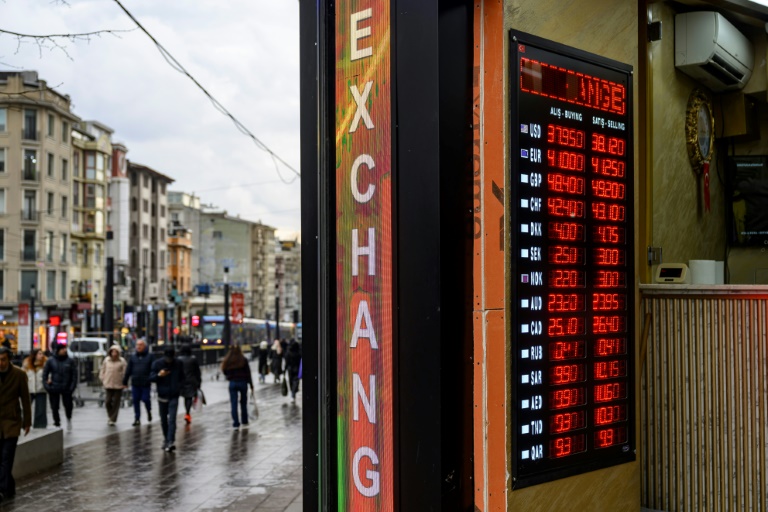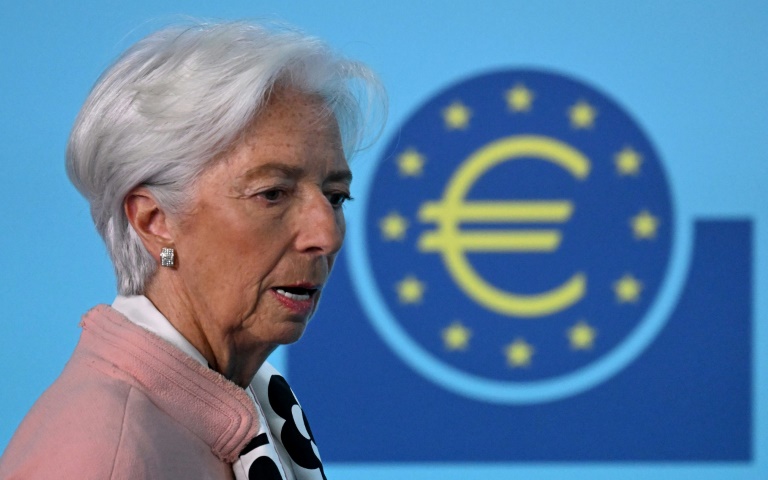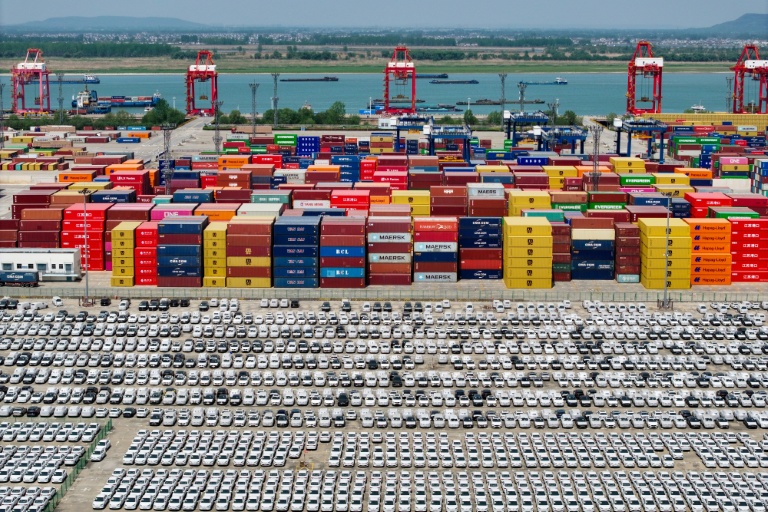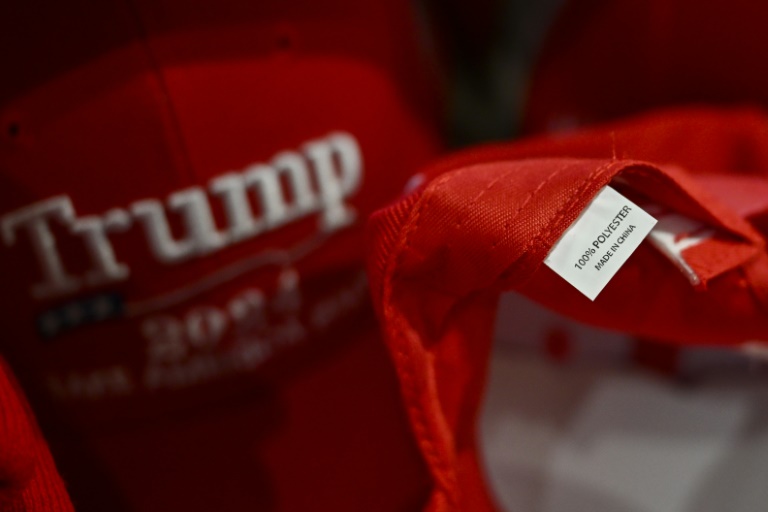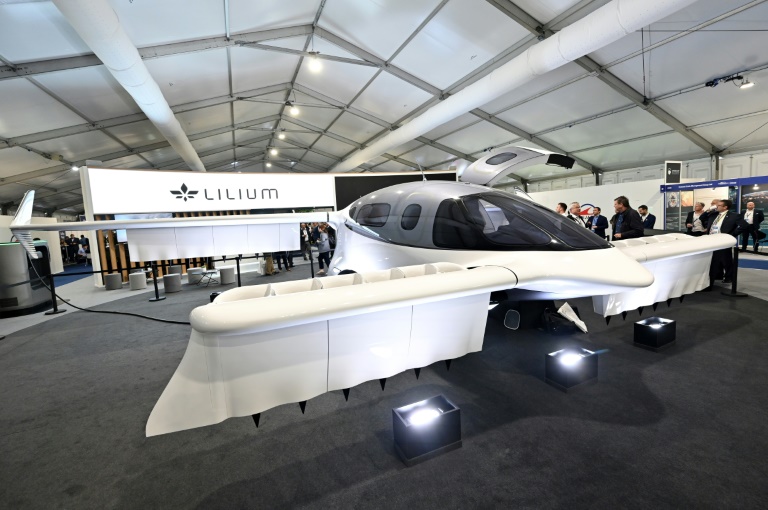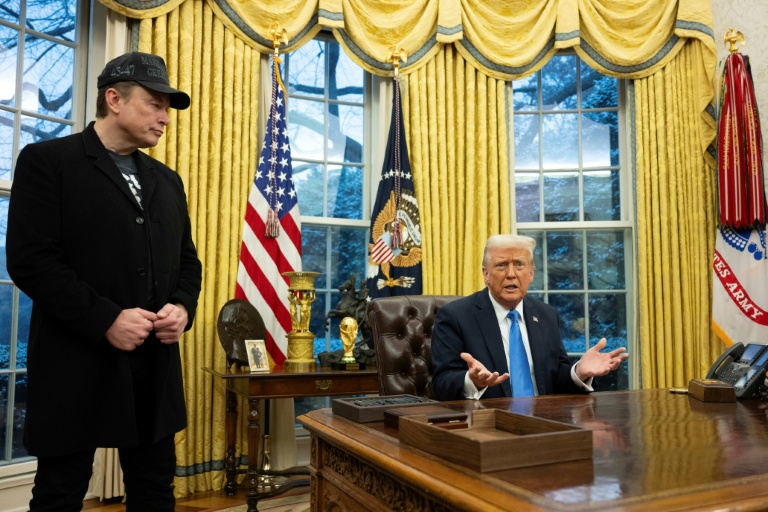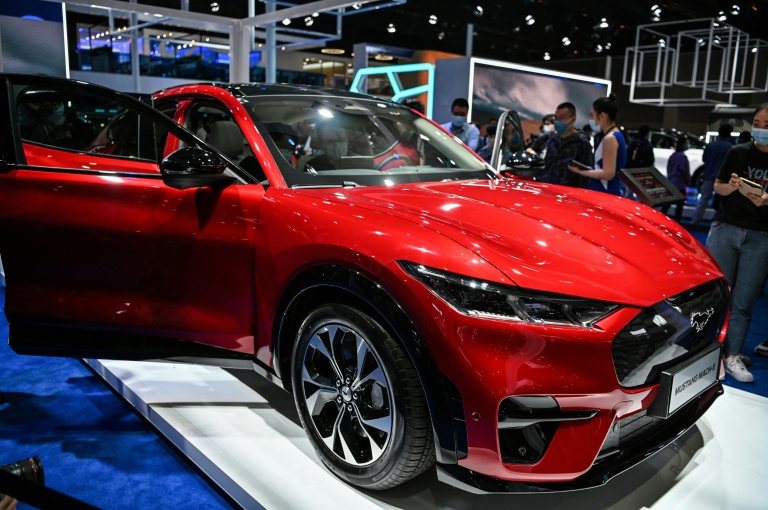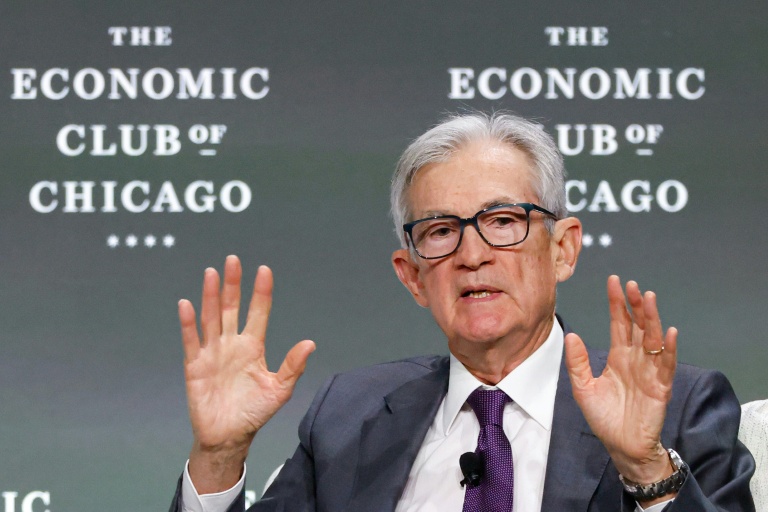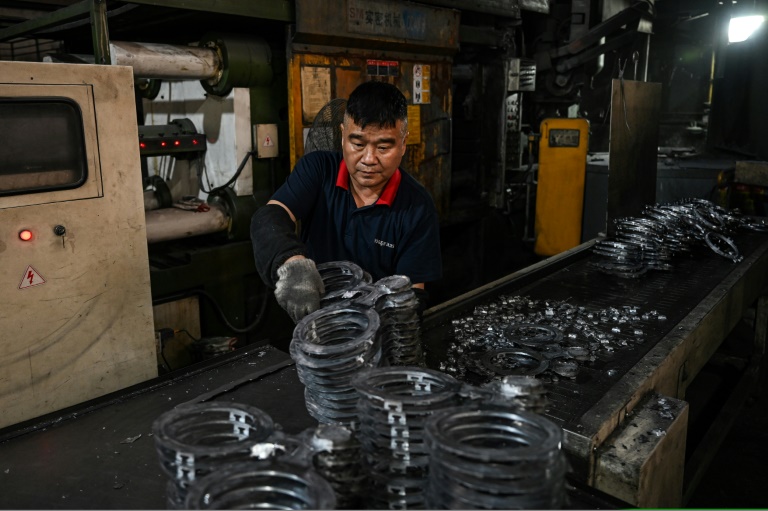Paris (AFP) – After steel and aluminium, US President Donald Trump has set his sights on slapping 25 percent tariffs on semiconductors, cars, and pharmaceuticals. Trump has already imposed an additional 10 percent tariffs on goods from China and has also threatened tariffs on Canada and Mexico, plus ordered a study into putting into place reciprocal tariffs.
Here’s a look at who would be hit the hardest if US import tariffs on semiconductors, cars, and pharmaceuticals go into force.
– Semiconductors: Asia in the crosshairs
Semiconductors, or microchips, are the brains in our electronic devices, and demand has soared with the development of AI, which relies on thousands of them to process vast amounts of information. Asia is a major center for semiconductor manufacturing. The United States exported $70 billion of electronic components last year, but imported double that amount, according to the US Commerce Department. Imports from Taiwan alone represented nearly $37 billion. The island is home to chip manufacturing giant TSMC and a significant portion of its factories. Tariffs could encourage Taiwan to diversify its production sites even further. The country already plans to build three new factories in the United States. Taiwanese President Lai Ching-te stated last week that Taiwan would “expand investment and procurement in the United States to promote bilateral trade balance.”
South Korea, home to Samsung, saw its exports of electronic components double last year to more than $8 billion, according to the country’s customs data. Its components are the country’s second-largest export item to the United States, behind cars. “Disrupting the supply chain…would create serious challenges for the whole world, including the United States,” said an executive of the trade association for South Korea’s electronics industry.
– Everyone impacted by car tariffs
The United States, the world’s number two auto market behind China, imported $269 billion in vehicles last year, according to US Commerce Department figures. Of those, $95 billion came from Mexico. Japan, South Korea, Canada, and Germany are also major exporters of vehicles to the United States. US auto exports totaled only $72 billion.
Additional tariffs would affect all carmakers, with US automakers having factories in Mexico and Canada. US carmakers would also be impacted through components suppliers located abroad, noted Matthieu Noel at the Roland Berger consultancy. Laurel Broten, who heads Canada’s agency that attracts foreign investment, Invest in Canada, provided an example of an auto component that crossed the US-Canadian border eight times before being installed into a vehicle. “Tariffs on ‘Canadian cars’ are also tariffs on US players in the supply chain,” she told AFP.
Moreover, carmakers from all countries, including the United States, built factories “in Mexico to tap into lower wages,” noted Noel. For US consumers, “the price of vehicles will rise considerably. When one adds 25 percent import tariffs that can’t be totally absorbed by margins,” he said.
However, many international brand cars are now made in the United States. The world’s largest carmaker, Japan’s Toyota, sold 2.3 million vehicles in the United States last year, with more than half manufactured in the US, where it will soon open its eleventh factory. German carmakers Volkswagen, BMW, and Mercedes already manufacture SUVs in the United States. Stellantis, which owns the Jeep, Ram, Dodge, and Chrysler brands in addition to several European marques, stated it wants to boost its US production even before Trump’s latest announcements.
– Pharmaceuticals: limited impact?
Ireland alone accounted for 30 percent of US pharmaceutical imports in 2024. The country’s favorable tax rates have attracted drug manufacturers, including US firms. Italy was the top source for US antibiotics imports, followed closely by China. Nearly a quarter of Germany’s pharmaceutical exports, particularly vaccines and immunology products, head to the United States. Some products are in very high demand by Americans, particularly the weight-loss treatments Ozempic and Wegovy made by Danish drugmaker Novo Nordisk.
However, the drugs market is not like others, noted analysts at Moody’s. “Patients’ medical needs, lack of substitutes, insurance coverage, and doctor preferences limit the effects of price changes on demand,” they stated in a recent note. “Most branded pharmaceutical companies have diversified manufacturing, including US facilities, and can absorb tariff increases thanks to high profit margins,” they added.
US consumers might see more price increases on generic drugs made abroad, as manufacturers operate on tight margins and would likely pass on the cost of tariffs.
© 2024 AFP

